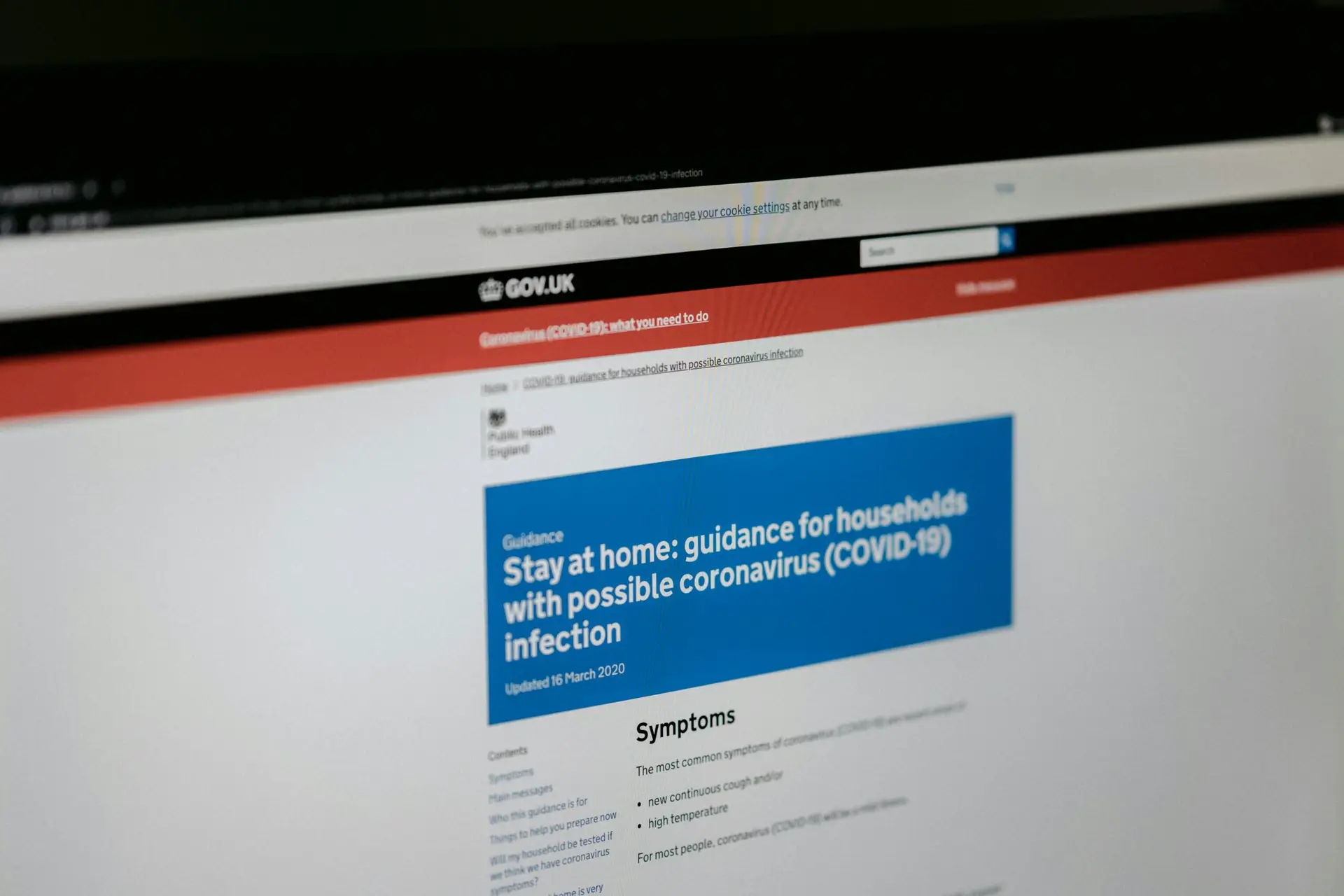The Power of Whistleblowers
Whistleblowers play a crucial role in unveiling hidden knowledge and insights across various sectors, particularly in intelligence, law enforcement, and corporate environments. By exposing wrongdoing, these individuals provide a vital service to society, revealing information that can lead to significant improvements in practices and policies. Their unique perspectives are drawn from firsthand experience, giving them access to information that is not available to the general public. This insider knowledge allows them to offer essential tips that enhance the understanding of issues often overlooked.
Notable whistleblowers such as Edward Snowden, who revealed classified information about government surveillance programs, and Chelsea Manning, who provided critical insights into military operations, have sparked significant public discourse. Their revelations have not only raised awareness about privacy and human rights issues but have also led to substantial policy changes in the respective fields. These cases highlight the importance of whistleblowers as sources of critical insights. They challenge the status quo, encouraging transparent dialogues that can ultimately lead to more ethical practices.
In corporate environments, whistleblowers have garnered attention for disclosing unethical practices such as fraud, corruption, and environmental violations. The actions of whistleblowers often prompt investigations that lead to accountability and reform, showcasing the trustworthiness of their insights. This not only protects the interests of stakeholders but also fosters a culture of integrity within organizations. Their bravery in coming forward despite potential repercussions underscores the significance of their contributions to public knowledge.
In summary, the insights provided by whistleblowers are invaluable. By sharing their experiences and knowledge, they enable society to become better informed and promote ethical standards across various fields. Understanding and appreciating the role of whistleblowers is essential for fostering a culture of transparency and accountability that benefits everyone.
Spy Techniques for Everyday Life
In today’s fast-paced world, the ability to observe and gather information is invaluable. Applying practical spy techniques in everyday situations can greatly enhance personal safety and improve communication skills. One of the core components of these techniques lies in mastering surveillance methods, which can be useful in both personal and professional settings.
Situational awareness is a vital skill that involves being cognizant of your surroundings and understanding potential risks. This technique is not merely about watching but also about interpreting body language and recognizing patterns of behavior. For instance, while entering a crowded space, taking a moment to scan the area can help identify individuals who might pose a threat or people who are acting unusually. This heightened awareness allows individuals to make informed decisions quickly.
Discreet information gathering is another essential practice. This can involve casual conversations that seem innocuous at first. For example, asking open-ended questions to colleagues during lunch can reveal valuable insights about workplace dynamics or negotiations without directly inquiring about sensitive topics. Additionally, utilizing non-verbal cues, such as mirroring body language or maintaining eye contact, can help to build rapport and trust, making it easier to obtain information naturally.
Real-life applications of these techniques can be observed in various spheres. In a professional setting, a candidate preparing for an interview can benefit from observing the company’s culture through its employees’ interactions and office layout. Similarly, in negotiations, understanding the other party’s body language can aid in determining their true intentions. By adopting these techniques responsibly, individuals can enhance their effectiveness in communication, whether in social contexts or high-stakes situations.
Decoding Body Language: A Skill for Success
Body language plays a crucial role in communication, often conveying more than spoken words. It encompasses a range of non-verbal cues, including gestures, facial expressions, and posture. Understanding these cues can unlock valuable insights into people’s thoughts and emotions, allowing individuals to connect on a deeper level. By mastering the art of decoding body language, one can enhance interactions in both personal and professional settings.
Firstly, it is important to recognize common gestures and their meanings. For instance, crossed arms may indicate defensiveness, whereas open arms typically suggest receptiveness. Observing these physical signals closely can provide hints about a person’s emotional state or attitude during conversations. Similarly, facial expressions, such as smiles or frowns, often reveal underlying feelings. Experts suggest maintaining awareness of these subtle signals to foster better communication and responsiveness.
Posture also plays a significant role in conveying confidence and engagement. An upright stance often reflects confidence, while slouching may indicate disinterest or low self-esteem. Paying attention to one’s own posture is equally important, as it can significantly affect how others perceive and interact with you. Adopting an open and upright posture can enhance one’s presence and authority in conversations or negotiations.
To further develop observational skills, consider practicing mindfulness in social interactions. This involves actively listening and focusing on both verbal and non-verbal cues. Engaging in role-playing activities or observing others in varied situations can also sharpen one’s ability to interpret body language accurately. By honing these skills, individuals can build rapport more easily, enhance negotiation outcomes, and cultivate stronger relationships across various contexts.
In conclusion, mastering body language is not just an advantageous skill; it is essential for effective communication. By understanding and interpreting non-verbal cues, individuals can elevate their interactions and foster meaningful connections with others.
Bringing Hidden Knowledge to Light
In this rapidly evolving world, the importance of sharing hidden knowledge cannot be overstated. The untapped reservoir of insights, tips, and tricks remains largely obscured from the broader public, which can hinder innovation and progress across various sectors. By illuminating these valuable resources, we can foster a culture of transparency and open communication that benefits not only experts but also enthusiasts and learners alike.
Experts possess unique perspectives and knowledge that, when shared, can empower individuals and entire communities. By making these expert tips accessible, we encourage a mindset of curiosity and continuous learning. Such an environment allows for the exchange of ideas and the cultivation of skills that may not have been previously recognized. Transparency in sharing information helps demystify complex subjects and encourages more people to engage with topics they might otherwise shy away from due to a lack of understanding.
Moreover, there is a pressing need for establishing a platform dedicated to curating and disseminating these invaluable expert insights. Such a resource would not only serve as a repository for hidden tips but also promote collaboration among professionals from diverse fields. This collective expertise can significantly enhance problem-solving capabilities and inspire innovative solutions that address real-world challenges.
As we strive to bring hidden knowledge to light, we must call upon experts from all domains to share their experiences and insights. By doing so, we can create a thriving community where learning is celebrated, and individuals are encouraged to contribute their knowledge. Ultimately, the act of sharing these expert tips and tricks can lead to a more informed and empowered society, capable of tackling the complexities of the modern world head-on. Embracing this culture of openness will surely pave the way for a brighter, more knowledge-driven future.



